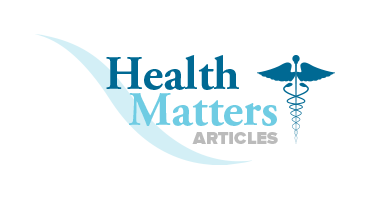New Way to Vape, New Danger to Teens

Teens who vape, may also be “dripping,” dropping liquid directly on to the heating element of an electronic cigarette. Electronic cigarette use among Montana high school students is almost double the national rate of 16 percent. That rate is particularly troubling, since 75 percent of young adults who use e-cigarettes and other electronic nicotine delivery systems also report using traditional cigarettes.
Know dangers of huffing household chemicals

Inhalant abuse relies on chemicals as common as nonstick cooking spray or the canned air used to clean computer keyboards. Many solvents and aerosol sprays are so concentrated that sniffing them can cause the heart to stop or beat irregularly.
Slowing Gonorrhea’s Spread

The number of gonorrhea cases in Yellowstone County grew from 14 in 2012 to 234 in 2016. While gonorrhea is easily treated, it may not show symptoms, especially in women. Anyone who is sexually active can get gonorrhea, but risk factors include having multiple partners, using drugs or alcohol, or exchanging sex for drugs or money. Talk to your healthcare provider about getting tested.
Preventing Prescription Drug Abuse

State and federal governments have taken steps to reduce prescription drug abuse. This column points out one step you can take by disposing of outdated, unused or unneeded medications safely.
‘Priceless’ Volunteers Fill Hospice Roles

Hospice volunteers fill gaps between the care loved ones offer and the care provided by healthcare professionals. Those volunteers often describe their work as a way to make a meaningful difference in someone’s life. National Volunteer Week, April 23-29, offers a chance to honor their commitment.
Childhood Immunizations Prevent Diseases

In the fall of 2015, the Montana Legislature enacted new vaccine requirements for school attendance, including requiring a tetanus, diphtheria and pertussis (Tdap) vaccine for all students starting the seventh grade. Last year, 20 cases of pertussis, commonly called whooping cough, were reported in Montana. That’s 96 percent fewer than the 663 cases reported in 2013.
Improving the Public’s Health

Where we live, work and play influences our overall health. To improve the health of our community, we need to look for policies and solutions that make the healthy choice the easy choice.
Tackling Youth Depression

Children experiencing depression may not understand why they are feeling the way they do. If you’re concerned your child is suffering from mental health issues, contact your healthcare provider and have your child screened. With appropriate treatment, depression can be managed or resolved, as this Health Matters column points out.
Learning to Help Youth in Crisis

Like CPR, Youth Mental Health First Aid teaches parents and other adults who work with young people to recognize and respond to a mental health crisis. More about the free, eight-hour training can be found in this Billings Gazette column and on our website under the Public Health & Preventing Disease tab.
Meeting health needs of kids in foster care

Children often enter foster care with significant untreated medical and dental needs. A partnership between the Montana Department of Health and Human Services Division of Child and Family Services in Billings and RiverStone Health helps make sure those needs are met. Since the KidsFirst program launched in August of 2016, nearly 500 children have been referred. KidsFirst nurses try to make sure the focus is on preventative care rather than care that is fragmented or crisis-oriented.


